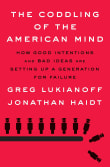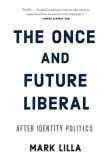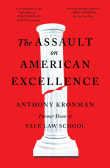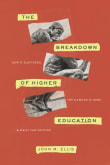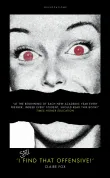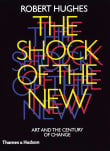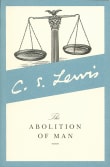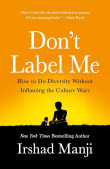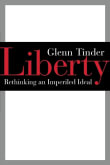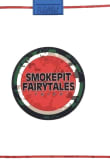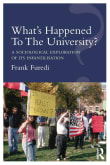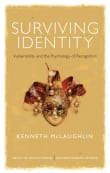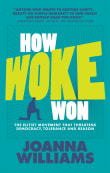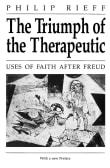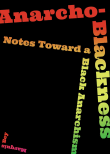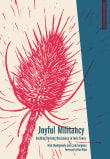The Rise of Victimhood Culture
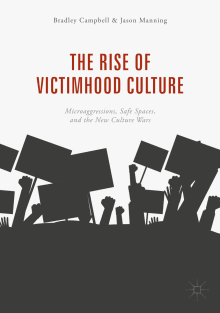
Book description
The Rise of Victimhood Culture offers a framework for understanding recent moral conflicts at U.S. universities, which have bled into society at large. These are not the familiar clashes between liberals and conservatives or the religious and the secular: instead, they are clashes between a new moral culture-victimhood culture-and a…
- Coming soon!
Why read it?
1 author picked The Rise of Victimhood Culture as one of their favorite books. Why do they recommend it?

Campbell and Manning are sociologists who trace how a new moral culture of victimhood has given rise to political correctness. The new moral culture combines the properties of the old culture of honor and the old culture of dignity in a uniquely toxic way. The new victimhood culture borrows from honor culture its extreme sensitivity to insult, but borrows from the culture of dignity the tendency to call upon authorities and institutions to resolve disputes, rather than deal with them on a personal level. The victimhood culture is what has spawned the repressive campus environment of micro-aggressions, deplatforming, and bias…
From Keith's list on university identity politics and political correctness.
If you love The Rise of Victimhood Culture...
Want books like The Rise of Victimhood Culture?
Our community of 12,000+ authors has personally recommended 48 books like The Rise of Victimhood Culture.

